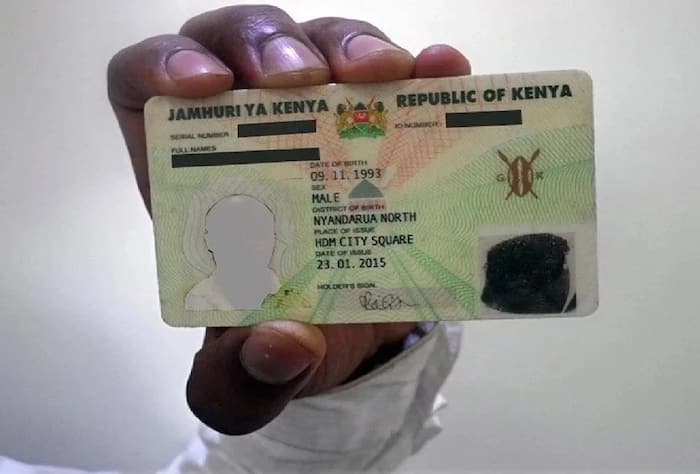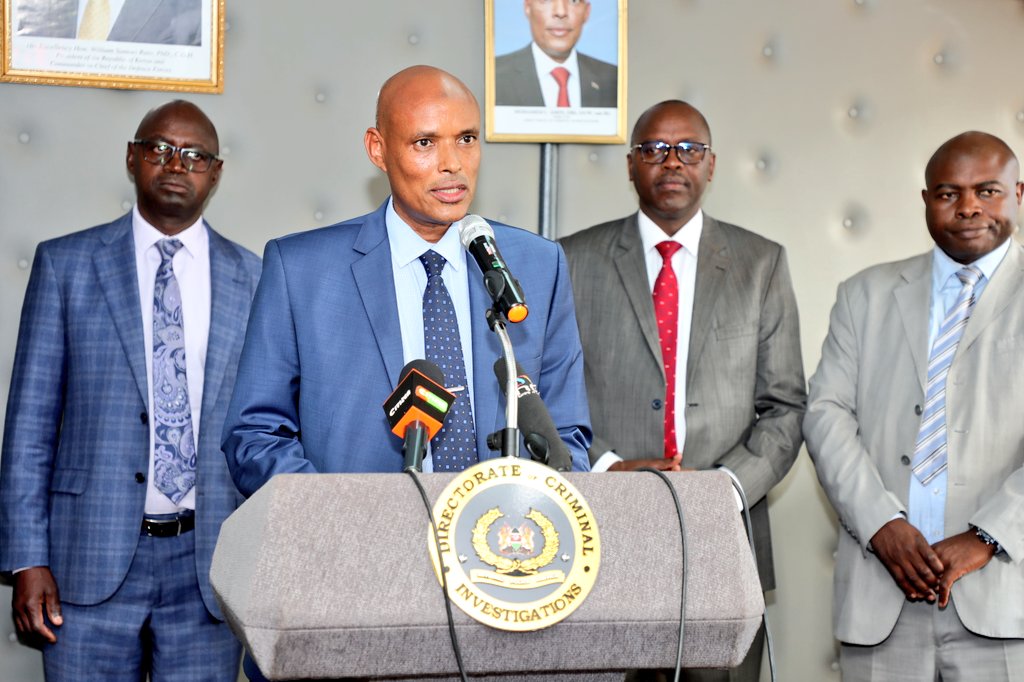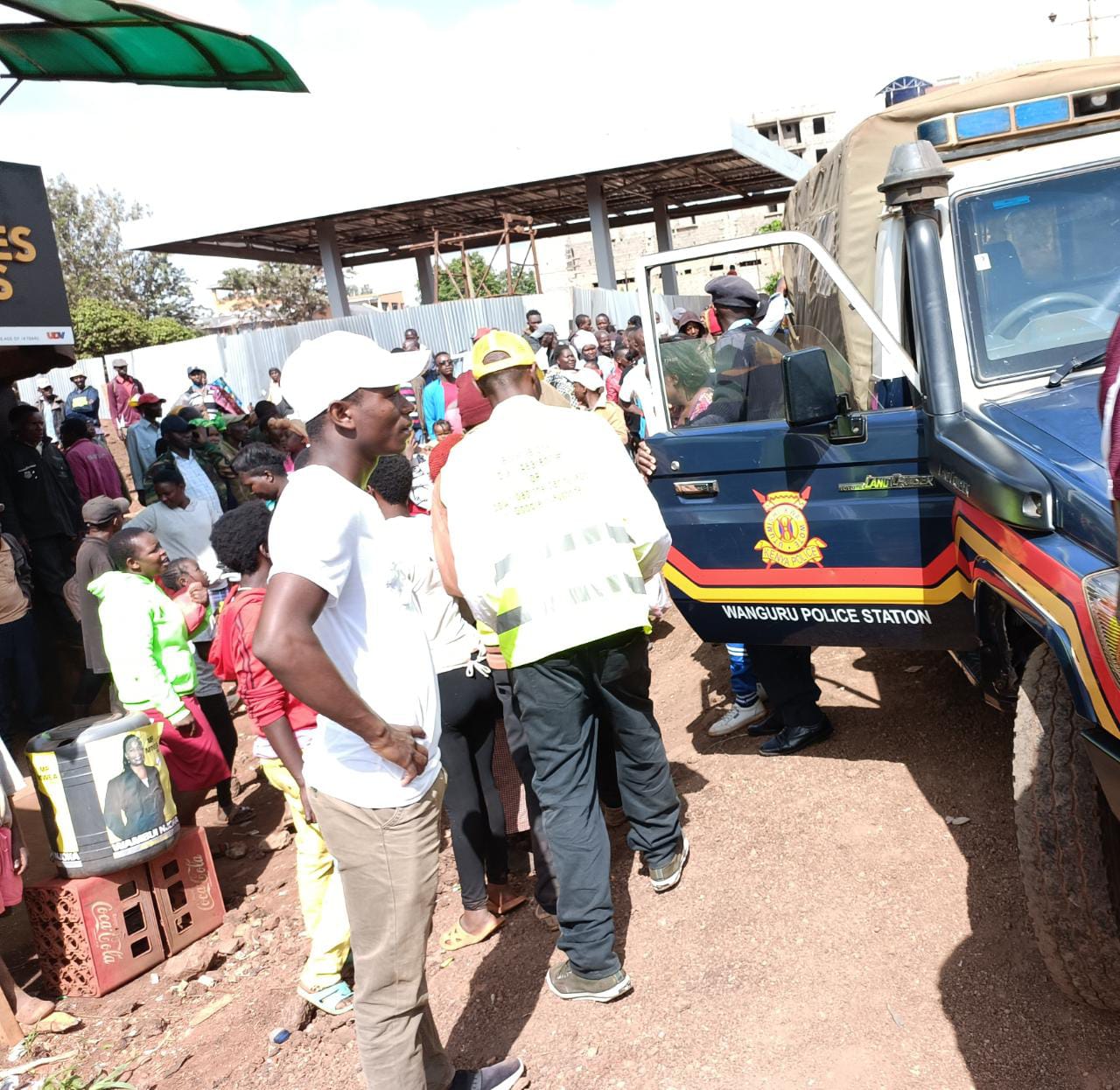Following President William Ruto's directive to abolish the vetting process in National identification (ID) applications, the Ministry of Interior has brought on board the Directorate of Criminal Investigation (DCI) and the National Intelligence Service (NIS).
In a statement, the Ministry noted that the two investigative agencies will play a key role in carrying out background checks of ID applicants.
DCI and NIS will use state-of-the-art technology to ascertain if the applicant is not a foreigner and meets all the required thresholds to hold a Kenyan Identity Card.

Read More
The two investigative bodies will ensure that national security is not compromised while issuing IDs.
"The updated policy guidelines promote increased accountability and transparency in the ID issuance process, ensuring that Kenyans receive their documents without compromising national security," the statement read in part.
"By incorporating technology, security agencies including the National Intelligence Service (NIS) and the DCI will collaborate closely with all stakeholders to securely and promptly perform necessary background and cross checks to prevent any ineligible individuals from accessing our ID documents," the Ministry of Interior added.
In the new format, chiefs will also be required to append their thumbprints and their signature to each approved application that must be presented by a parent or a relative by blood of applicants aged 18 years and above.
“We will hold chiefs to a personal account for any Kenyan ID issued to a foreigner because they will have endorsed the application. They will have to take responsibility for their actions,” Immigration and Citizen Services Principal Secretary Julius Bitok stated.
This follows President Ruto's directive to do away with the current multi-agency vetting teams that have been blamed for frustrations linked to corruption and inordinate delays in issuing ID cards to communities living along national borders.


-1716216347.jpg)




-1676716033.jpeg)